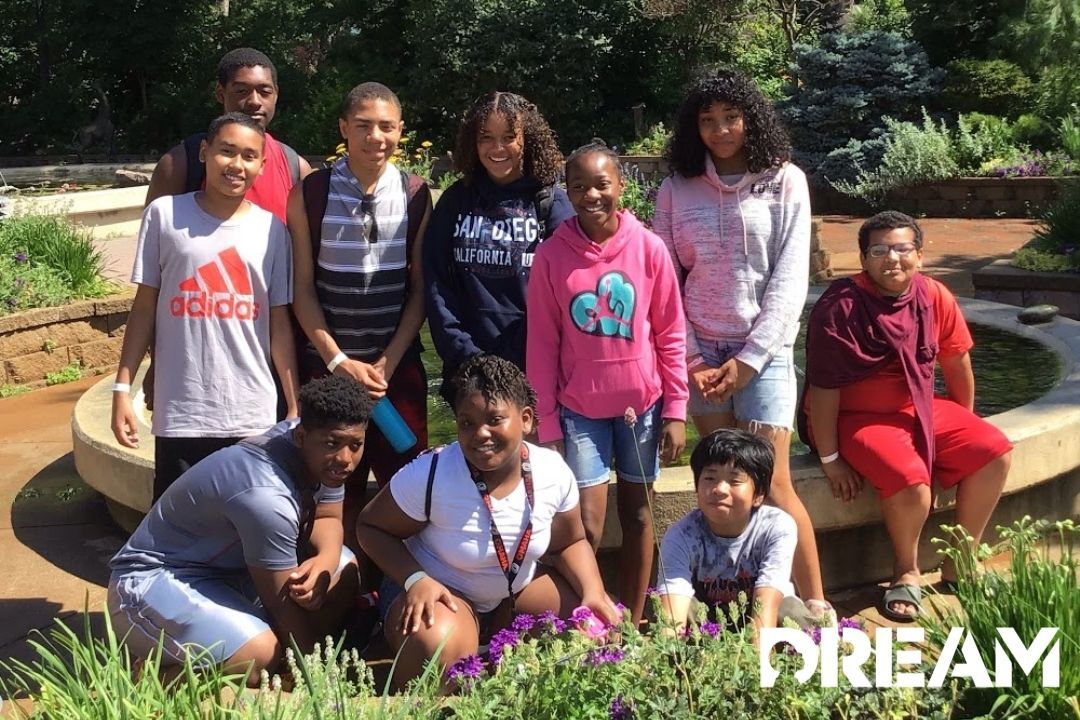
Field trips are more than just a break from the classroom. These real-world adventures have a way of making textbooks come to life and leaving a lasting impression on young minds. Let's unpack the importance of field trips and explore why they are an integral part of the best after-school programs!
Hands-on learning
Whether it's visiting a science museum, a historical site or a botanical garden, students can touch, see and interact with the subject matter. This kinesthetic approach enhances comprehension and retention, making complex concepts more accessible.
Contextual understanding
Field trips offer students the chance to see how the knowledge they acquire in the classroom applies to the real world. For example, a visit to a working farm can illustrate the concepts of agriculture, biology and economics in a tangible way. This contextual understanding bridges the gap between theory and practice.
Cultural exposure
Learning about the history, art and traditions of other cultures firsthand helps break down stereotypes and promotes empathy. Students can gain a deeper appreciation for diversity, leading to more inclusive and open-minded perspectives.
Critical thinking
Field trips encourage critical thinking by presenting students with real-world challenges and opportunities for problem-solving. For instance, a trip to a historical battlefield can spark discussions on strategy, decision-making and the consequences of actions. These experiences develop analytical skills and promote intellectual curiosity.
Interests and motivation
Field trips can ignite a passion for a particular subject or field of study. A visit to a planetarium might inspire a future astronomer, while exploring a wildlife sanctuary could spark an interest in conservation biology. These experiences can be the catalyst for lifelong hobbies and career choices.
Social skills
Interacting with peers and teachers in a new environment fosters the development of social skills such as communication, teamwork and cooperation. Students learn to navigate unfamiliar situations, work together on tasks and build relationships outside of the classroom setting.
Appreciation of nature
Field trips that take students into the great outdoors promote an appreciation for the environment. Whether it's a trip to a national park, a nature reserve or a coastal ecosystem, students can connect with nature, observe wildlife and gain an understanding of the importance of conservation.
Memorable experiences
Field trips create memorable experiences that students carry with them throughout their lives. These adventures often become cherished childhood memories. Students may recall specific details, encounters or insights from a field trip for years to come, reinforcing their love for learning.
Inspiration for teachers
Field trips can also inspire educators by exposing them to innovative teaching methods and resources. Teachers often discover new ways to engage students and incorporate experiential learning into their classrooms after participating in field trips.
Community engagement
Local field trips can strengthen the connection between schools and their communities. Local businesses, museums and organizations often welcome school groups, fostering positive community relationships and support for education.
Join one of the best after-school programs
Field trips enrich students’ lives in countless ways. These real-world adventures shape students into well-rounded individuals with a deep appreciation for knowledge, culture and the world around them. Teachers and parents alike should continue to embrace field trips as an integral part of the learning experience, recognizing their potential to inspire and educate future generations. If you’re interested in joining one of the best after-school programs, DREAM is always looking for volunteers! Contact us today to learn more.


